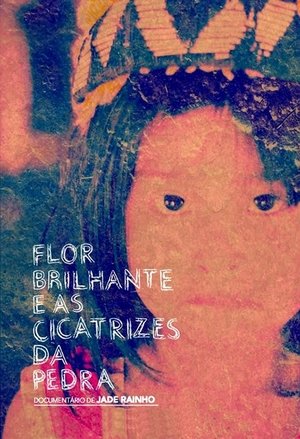

Shamanic Visions: Forgotten Territories(2020)
This film is an initiatory journey among the Fangs of Gabon and the Shipibos of Peru. With the sound of traditional instruments like the mogongo (arc in the mouth), the holy harp, and the Icaros, we discover the traditional peoples’ wisdom.

Movie: Shamanic Visions: Forgotten Territories
Top 1 Billed Cast
Video Trailer Shamanic Visions: Forgotten Territories
Similar Movies
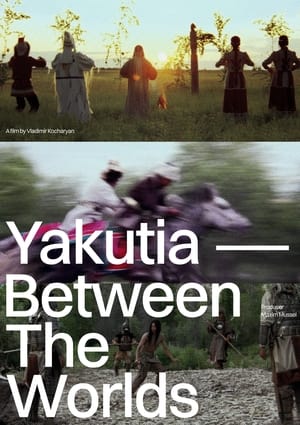 10.0
10.0Yakutia — Between The Worlds(ru)
A documentary road movie. Traveling across his homeland, the filmmaker explores what Yakut cinema is, and what it means to the Sakha people and to himself.
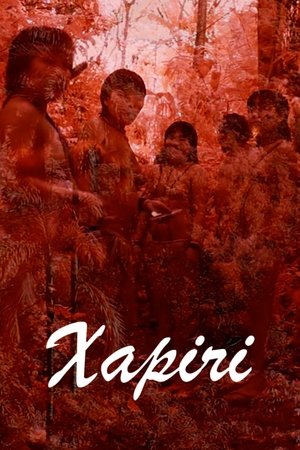 0.0
0.0Xapiri(pt)
Xapiri is a Yanomami term that characterizes the shamans, male spirits (xapiri thëpë) and also auxiliary spirits (xapiri pë). Xapiri is an experimental film about Yanomami shamanism that was filmed during a meeting of 37 shamans at the Watoriki Reserve, Roraima, in March of 2011. The film was designed to take into account two different notions of image: those of the Yanomami and ours. Therefore, it does not set out to explain shamanism, its methods or procedures, but to allow different cultures to visualize and feel the way in which the shamans “embody” the spirits, their bodies and voices.
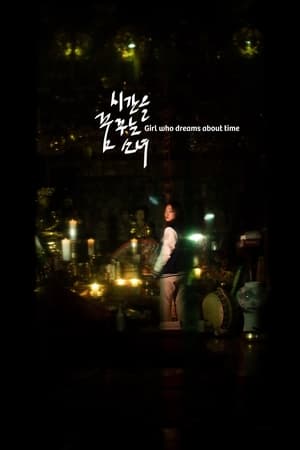 0.0
0.0Girl Who Dreams About Time(ko)
Sujin and her grandmother are shamans living in the mountains. It is their important daily routine to offer purified water to gods and tell a fortune for troubled hearts. During high school, Sujin works hard to go to college with hopes of escaping her fate and living a normal life. But the excitement of busy college life deepens her conflict with her grandmother.
The Medicine of Forgiveness(es)
Benito Arévalo is an onaya: a traditional healer in a Shipibo-Konibo community in Peruvian Amazonia. He explains something of the onaya tradition, and how he came to drink the plant medicine ayahuasca under his father's tutelage. Arévalo leads an ayahuasca ceremony for Westerners, and shares with us something of his understanding of the plants and the onaya tradition.
Ayahuasca Diary(en)
Four Westerners with various ailments travel to Peruvian Amazonia to drink ayahuasca, a traditional medicine renowned for its healing powers.
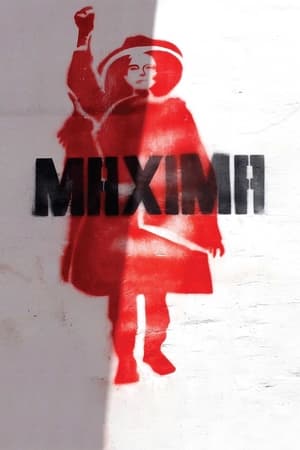 8.0
8.0Máxima(es)
A multi-billion-dollar mining project is launched by the American Newmont Mining Corporation and lays claim to the land belonging to Preuvian highlander Máxima Acuña.
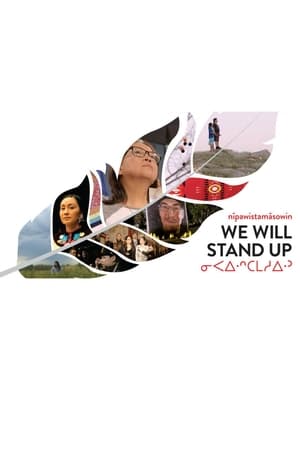 8.3
8.3nîpawistamâsowin : We Will Stand Up(en)
On August 9, 2016, a young Cree man named Colten Boushie died from a gunshot to the back of his head after entering Gerald Stanley's rural property with his friends. The jury's subsequent acquittal of Stanley captured international attention, raising questions about racism embedded within Canada's legal system and propelling Colten's family to national and international stages in their pursuit of justice. Sensitively directed by Tasha Hubbard, "nîpawistamâsowin: We Will Stand Up" weaves a profound narrative encompassing the filmmaker's own adoption, the stark history of colonialism on the Prairies, and a vision of a future where Indigenous children can live safely on their homelands.
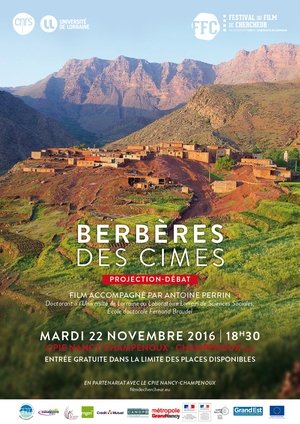 7.0
7.0Berbères des cimes(fr)
At the heart of the Moroccan High Atlas mountains, water is a resource in short supply. The village of Tizi N'Oucheg has undergone a transformation thanks to Rachid Mandili, who is well-aware that the development of his village depends on access to clean water and on his strong leadership of this project. Mandili rallies all the villagers together and calls upon the knowledge of French and Moroccan scientists to tap water sources, to purify, and reuse waste water for irrigation. The documentary highlights the Berbers' community ties and ingenuity in their dream of independently managing their village water resources. It equally paints a portrait of a man whose initiative and resourcefulness has opened Tizi N'Oucheg up to modernity while still conserving its cultural heritage. Tizi's example presents some of the problems of water access in semi-arid regions and puts forward concrete solutions to these problems.
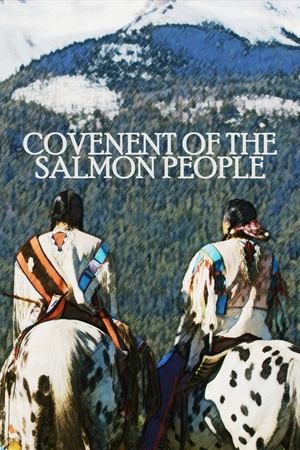 10.0
10.0Covenant of the Salmon People(en)
Covenant of the Salmon People is a documentary portrait of the Nez Perce Tribe’s ancient covenant with salmon. The film follows their efforts to uphold this ancient relationship as dams and climate impacts threaten one of the cornerstones of their culture.
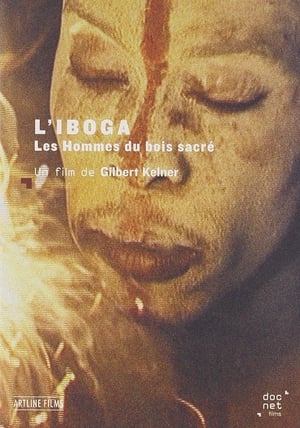 0.0
0.0L'Iboga: Les Hommes du bois sacré(en)
A documentary about iboga, a medicinal tree root that is the basis of the bwiti religion in Gabon.
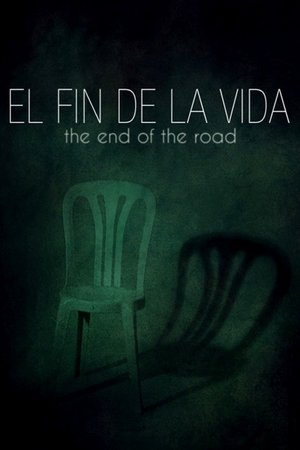 4.0
4.0The End of the Road(es)
In Peru, Sergio García Locatelli visits both those places where human life is fragile and personal fate is uncertain and those where death reigns, places where everything is already lost, where appeal is not possible. A walk in search of the meaning of death that is actually a celebration of life and the living.
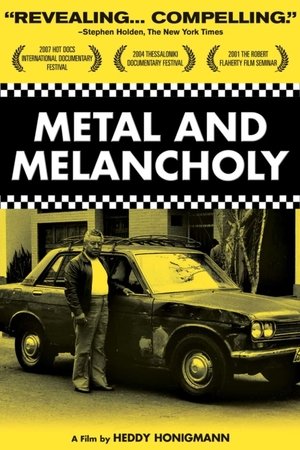 6.8
6.8Metal and Melancholy(nl)
This documentary is an offbeat "road movie" in which acclaimed documentarian Heddy Honigmann travels with, and thereby discovers the stories of, taxi drivers in Lima. In the early 1990s, in response to Peru's inflationary economy and a government destabilized by corruption and Shining Path terrorism, many middle-class professionals used their own cars to moonlight as taxi drivers in order to weather the financial crisis.
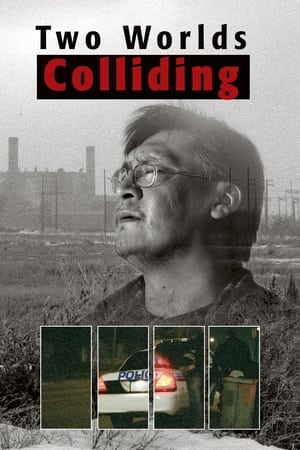 7.0
7.0Two Worlds Colliding(en)
This documentary chronicles the story of Darrell Night, an Indigenous man who was dumped by two police officers in a barren field on the outskirts of Saskatoon in January 2000, during -20° C temperatures. He survived, but he was stunned to hear that the frozen body of another Indigenous man was discovered in the same area.
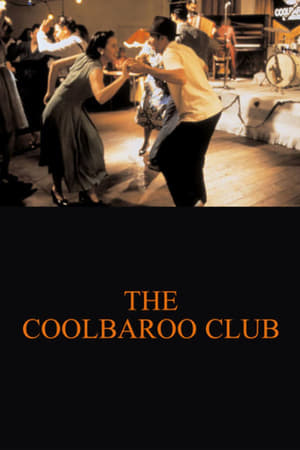 0.0
0.0The Coolbaroo Club(en)
Documentary about "The Coolbaroo Club", which was the only Aboriginal-run dance club in a city which practiced unofficial apartheid. During its lifetime, the Club attracted Black musicians and celebrities from all over Australia and occasionally from overseas. Although best-remembered for the hugely popular Coolbaroo dances attended by hundreds of Aborigines and their white supporters, the "Coolbaroo League", founded by Club members, ran a newspaper and became an effective political organization, speaking out on issues of the day affecting Aboriginal people.
Mayan Renaissance(en)
Mayan Renaissance is a feature length film which documents the glory of the ancient Maya civilization, the Spanish conquest in 1519, 500 years of oppression, and the courageous fight of the Maya to reclaim their voice and determine their own future, in Guatemala and throughout Central America. The film stars 1992 Nobel Peace Laureate and Maya Leader Rigoberta Mencu Tum. All of the images, voices, expert commentary and music in the film come directly from Central America, the heart of the Mayan World.
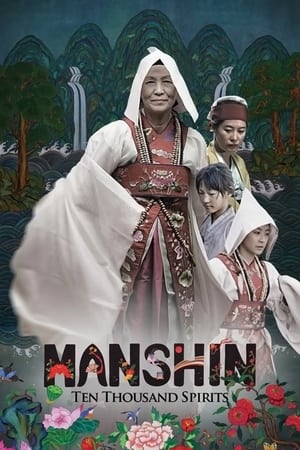 7.0
7.0Manshin: Ten Thousand Spirits(ko)
A life documentary of a woman who was shunned for being possessed by spirits as a girl, oppressed for following superstitions as an adult, how she grows to be a great shaman who embraces the pain of all people, and how she comes to be honored as a national treasure of Korea with her outstanding artistic talents throughout Korea's tumultuous history.
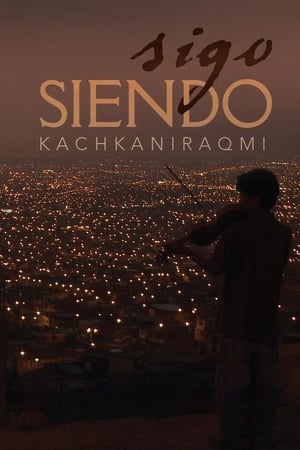 8.1
8.1Sigo siendo(es)
A trip through the diversity of black and native Peruvian music. Character-driven film, one where the characters are integral to the nation itself. This movie delves into music and musicians, yet it's not strictly a musical; rather, it's a tapestry of seemingly disparate personal narratives woven together in a country also striving to define itself and sketch its identity
 0.0
0.0Club Native(en)
With moving stories from a range of characters from her Kahnawake Reserve, Mohawk filmmaker, Tracey Deer, reveals the divisive legacy of more than a hundred years of discriminatory and sexist government policy to expose the lingering "blood quantum" ideals, snobby attitudes and outright racism that threaten to destroy the fabric of her community.


